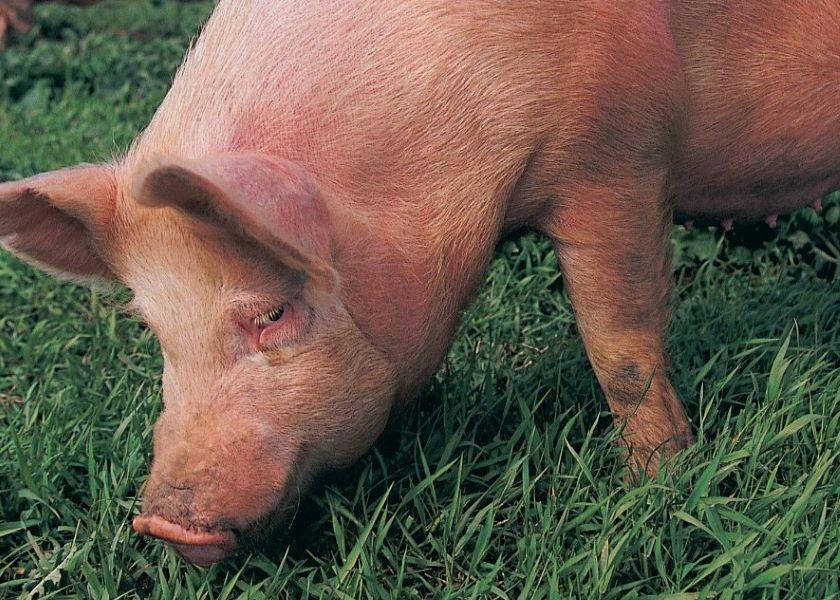Acceligen Announces Breeding of Gene-Edited Pigs with Resistance to PRRS

Porcine reproductive and respiratory syndrome (PRRS) is the most devastating disease in the U.S. swine industry. On Feb. 27, Acceligen announced the breeding of gene-edited pigs with resistance to PRRS. The company says this breakthrough represents a significant step forward in the pursuit for sustainable and ethical pork production.
"Deploying protein modifications developed by Kansas State University, Acceligen is able to breed pigs naturally resistant to PRRS," the company says in a release. "The use of new breeding technology enabled by gene-editing to prevent PRRS will improve the overall animal well-being leading to healthier animals and a safer food supply. Breeding of pigs naturally resistant to PRRS may reduce the environmental impact of pork production by improving efficiency."
The resistance to PRRS virus infection was proven effective through a collaboration with Bob Rowland, professor and head of pathobiology at the University of Illinois.
"This is an exciting time to be at the forefront of this impactful breeding application in sustainable agriculture," Tad Sonstegard, CEO of Acceligen, says in the release. "Our goal is to use the best tools for breeding and selection to create a better future for animals, farmers, consumers and the environment. Gene-editing is one of the most powerful breeding tools that allows us to address some of the biggest challenges facing the pork industry and to create a more sustainable and ethical food system."







